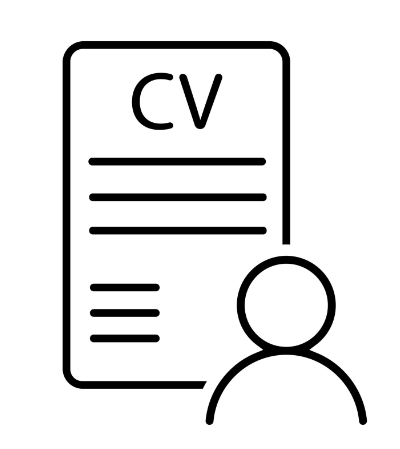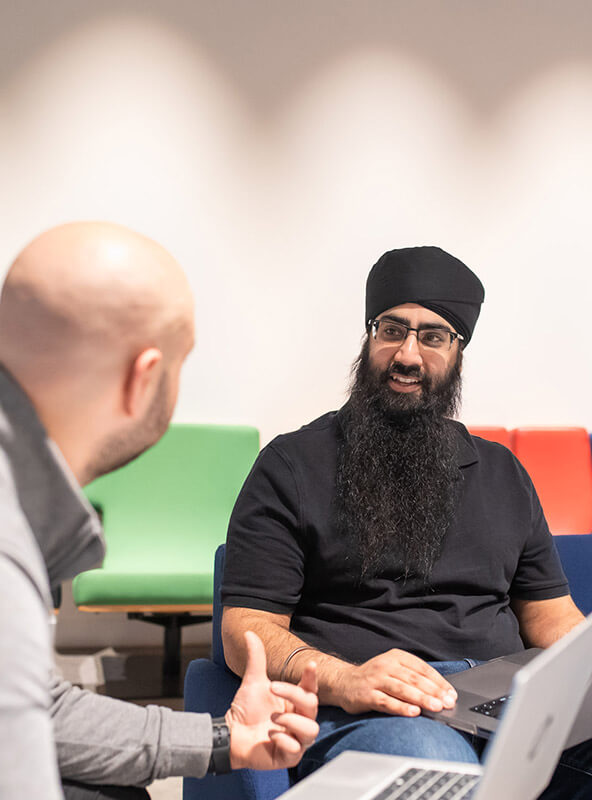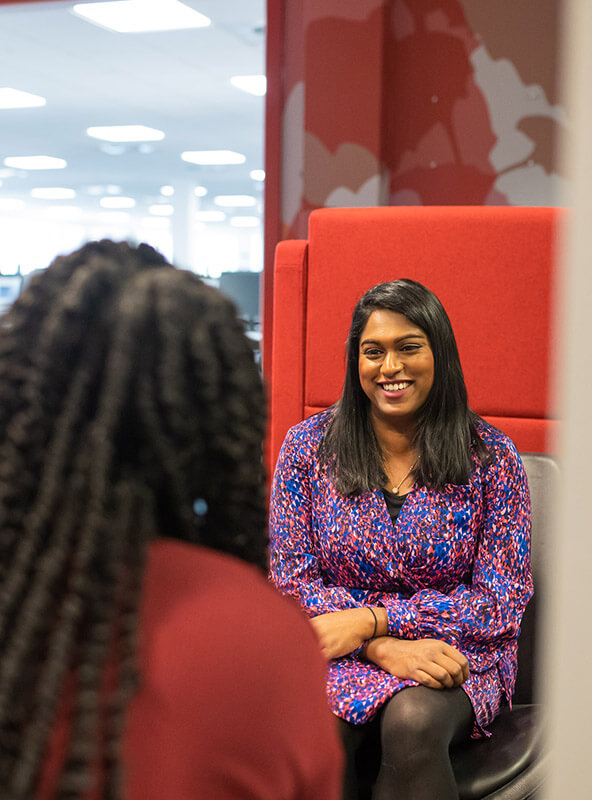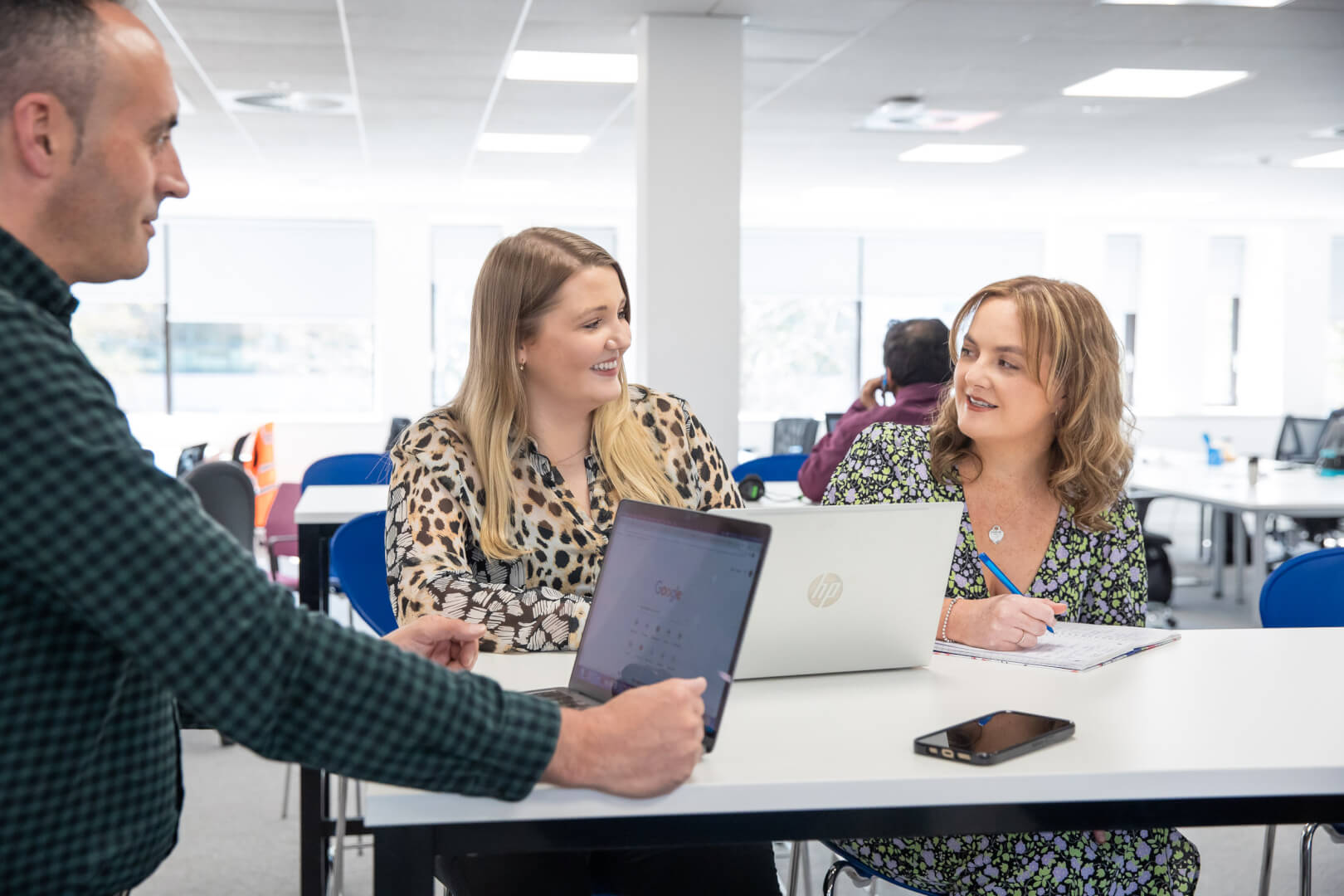
CV Writing tips
Even for an internal application, a well presented CV and proper interview preparation are key. Here are a few considerations to get you started.
On average, recruiters spend 6-8 seconds looking at your CV before they decide whether you are suitable for a vacancy or not.
Here are some tips on how to make your CV really impactful.
'A good CV is not only a way to highlight your skills and experience to an employer but your ticket to gaining that all important interview.'
A CV should be a brief summary of your skills, education, experience, and accomplishments. It is a key part of your job search and gives employers a first impression of your professional background and talents. Employers use CV’s during the hiring process to better understand your transferable skills so highlight your most applicable abilities in your CV and provide a verbal picture of your qualifications to catch the recruiter’s attention.
CV Length
In many cases, a CV should only be one or two pages, depending on the amount of relevant experience you have.
For example -
- If you are an entry-level candidate or recent graduate, you may have a shorter CV that highlights education, training and volunteer experience over limited professional experience.
- As an experienced candidate, you may use two pages to clearly outline all of your relevant professional experience, skills, certifications and achievements with brief mentions of your education.


CV Content
Before you start writing spend some time ‘brainstorming’ what you have done and what you have achieved, what you think your key strengths are. Ask yourself -
- What are the essential responsibilities and job duties for the open position?
- What skills do I have that apply to the position and how could I contribute to the business? What are my successes?
This will help you highlight what makes you right for the job, emphasise your successes and focus not only on what you did, but how well you did it. You want to target your CV to reflect that you understand the qualifications and experience necessary to do the job and are familiar with the specific career field.
Interview Guidance
First impressions count, so give yourself the best possible chance of success by not overlooking the basics.
Snippet Heading
Interview Technique
Interview Preparation
Conversation Tone

Interview Technique
Try to maintain eye contact with everyone in the room and be aware of your body language, avoid crossing your arms and fidgeting.
During the interview, when asked a question, listen and think about your answer. Speak clearly and answer with appropriate detail - it’s ok to take your time to think about how you want to answer.
Use the STAR technique to structure your examples -
Situation: Set the scene and give the necessary details of your example.
Task: Describe what your responsibility was in that situation.
Action: Explain exactly what steps you took to address it.
Result: Share what outcomes your actions achieved.
Be honest, if you haven’t got an answer or lack of experience in a given area let the interviewer know. Honesty is always the best policy.
Be positive and confident about what you can offer, your contributions to the team.
Try not to interrupt and/or cut across the interviewers and show your enthusiasm for the role.

Interview Preparation
'Well done!' You've got an internal interview, now let's get prepared...
It’s easy to think because you know the interviewing manager, that they will know everything you have achieved. However, you will still need to be well prepared and remind them why you deserve the new opportunity.
Ensure your current manager knows you are interviewing.
Dress appropriately, arrive in good time (check directions if not at your normal place of work) as you will want to make a good first impression.
Prepare by reading the job description and think about questions you may be asked - prepare examples that will help you demonstrate your skills.
Be clear with your strengths and do not be afraid to convey your area of weakness - this is where your PDP will be built.
Prepare questions you would like to ask your interviewer.

Conversation Tone
Interviewing with someone you know can be awkward. If you know the interviewer well, you can check in before the meeting and ask how they want to handle it. If your relationship is more removed, try to strike a balance in your tone. You can and should be friendly and informal with someone you know well, but you also need to be fully professional.
You may also wonder how to talk about a work history the interviewer is already familiar with. Again, you could ask directly, saying something like, “I’m going to provide the same level of detail as I would in an external interview, so I might be telling you some things you already know. Is that OK?” It is probably better to offer as much evidence as you can.

